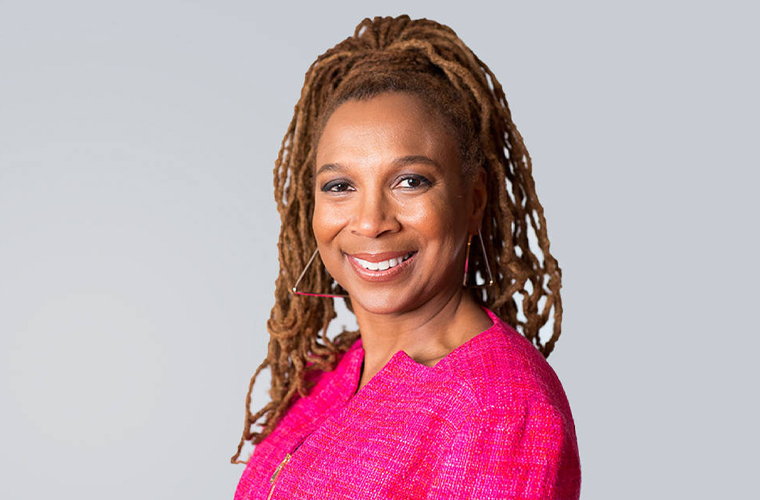Pioneering Scholar in Critical Race Theory
Kimberlé Crenshaw is a distinguished scholar, educator, and thought leader whose work has profoundly shaped the fields of critical race studies, constitutional law, and civil rights. As a professor at both the University of California, Los Angeles (UCLA) School of Law and Columbia Law School, she divides her time between these prestigious institutions, teaching courses that explore the intersections of race, law, and social justice. Her scholarly contributions have established her as a foundational figure in Critical Race Theory (CRT), a framework she helped develop to examine how race and racism are embedded in legal systems and societal structures.
Professor Crenshaw’s academic journey is marked by rigorous training and significant achievements. She earned her LL.M. from the University of Wisconsin Law School, where she distinguished herself as a William H. Hastie Fellow. Following her graduate studies, she clerked for Justice Shirley Abrahamson of the Wisconsin Supreme Court, gaining invaluable experience in judicial decision-making and legal analysis. This early exposure to the inner workings of the judiciary informed her later scholarship on the law’s role in perpetuating or challenging systemic inequalities.
At UCLA School of Law, Crenshaw has been recognized for her exceptional teaching, having been named Professor of the Year by the graduating classes of 1991 and 1994. Her courses, which span civil rights, critical race studies, and constitutional law, challenge students to critically engage with the legal and social mechanisms that shape racial and gender inequities.
Contributions to Critical Race Theory
Kimberlé Crenshaw is widely regarded as one of the architects of Critical Race Theory, an intellectual movement that emerged in the late 20th century to critique how laws and policies can perpetuate racial injustice, often unintentionally. Her work emphasizes the concept of “intersectionality,” a term she coined to describe how overlapping identities—such as race, gender, and class—create unique experiences of oppression and privilege. This framework has become a cornerstone of legal scholarship, sociology, and activism, influencing disciplines far beyond the law.
Crenshaw’s publications have been instrumental in advancing CRT. Her co-edited volume, Critical Race Theory: The Key Writings That Formed the Movement (1995), is a seminal anthology that compiles foundational texts of the movement, providing a comprehensive resource for scholars and students. Another significant work, Words That Wound: Critical Race Theory, Assaultive Speech, and the First Amendment (1993, co-authored with Mari Matsuda and others), examines the tension between free speech protections and the harm caused by hate speech, particularly in racial and social justice contexts. These works remain essential reading for those studying the intersections of law, race, and power.
Professor Crenshaw’s contributions have earned her numerous accolades. In 2007, she was awarded the prestigious Fulbright Chair for Latin America in Brazil, where she engaged in comparative research on race and inequality. In 2008, she was named an Alphonse Fletcher Fellow, recognizing her work in advancing racial justice. That same year, she was selected for an in-residence fellowship at the Center for Advanced Behavioral Studies at Stanford University, joining an elite group of scholars dedicated to interdisciplinary research. These honors reflect her global influence and commitment to addressing systemic inequities.
Beyond academia, Crenshaw is a leading advocate for racial and gender justice. She co-founded the African American Policy Forum (AAPF), a think tank dedicated to addressing structural inequality and promoting equitable policies. The AAPF, accessible at http://aapf.org/, serves as a platform for research, advocacy, and public education, amplifying Crenshaw’s scholarship through community engagement and policy reform initiatives. Her work with the AAPF has included campaigns to highlight issues such as police violence, economic disparities, and the marginalization of Black women and girls.
Kimberlé Crenshaw continues to shape the national and global discourse on race, law, and intersectionality. Her scholarship, teaching, and advocacy inspire new generations of scholars, activists, and policymakers to confront systemic inequities with rigor and compassion. By bridging academic theory with real-world impact, Crenshaw’s work remains a vital force in the pursuit of justice and equality.
For more information about Professor Crenshaw’s initiatives and ongoing projects, visit the African American Policy Forum at http://aapf.org/.

